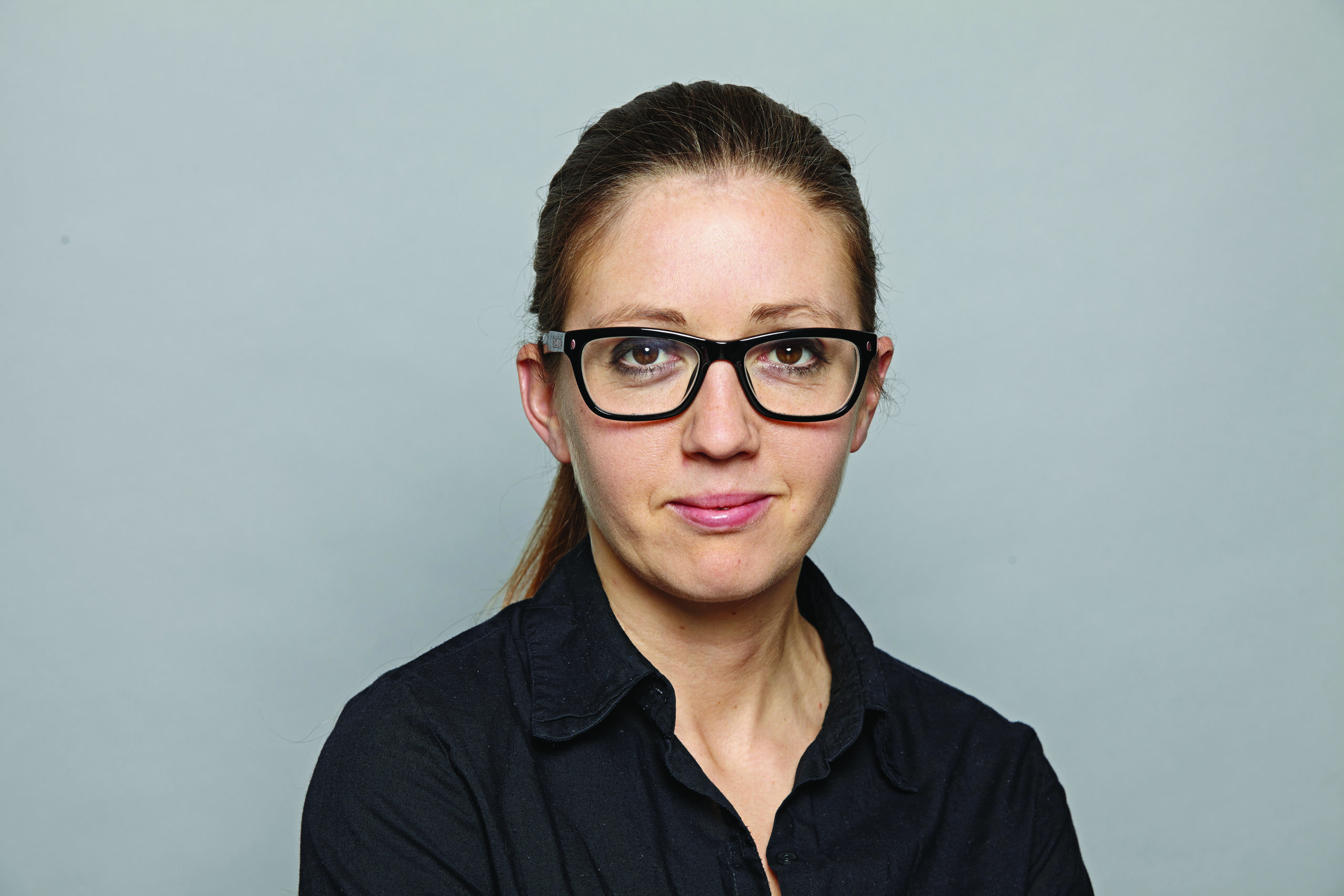Five tips for making the most out of remote working
#BCOvoices is a new series of LinkedIn blogs by the BCO. We’ll look at the impact of COVID-19 on the commercial property industry, along with broader topics.
It’s been close to a month now since most of us packed up our desks and set up shop at home. Some of us, I’m sure, have found that transition more challenging than others as we adapt our skills and our ways of working to meet the needs of a new reality.
That’s why The NatWest Group’s partnered with the BCO to provide tips on how to best work from home during this challenging period.
There has never been a one size fits all model for how and where we chose to work, nor should there be, but in sharing my five top tips below I hope to help those of you reading this find a little more clarity as we continue to work remotely.
1. Understanding feelings of guilt: it’s important to remember we don’t work relentlessly in the office; we take breaks and we don’t feel guilty when we do so. Yet this changes when we are home. We feel the need to ‘prove’ that we are always working, always ‘on’.
Instead, I challenge you to recognise that that it’s OK to put a wash on, put it out, spot that it’s raining and run quickly into the garden to bring it back in. Life goes on – yes, even when we’re at work – and taking natural breaks can be necessary. It can also improve our concentration when we are back at our desks, ultimately resulting in a more productive working environment.
2. Communicating mindfully: working at home can be a lonely existence, as we lose the “informal chat” of the workplace. Try to talk to colleagues and allow time in meetings for conversation.
What’s more, isolation can “mean you read too much into any hastily written emails”. It’s best to assume “good intent”, rather than fret over a brusque reply.
3. Defining a workplace: when working from home, it’s easy for the boundaries between work and life to blur. Make a conscious effort to keep them separate by defining a set space in your house as your workplace. Keep that place tidy and think about its lighting and space, all of these factors will help you stay focused.
4. Making virtual meetings matter: meeting virtually can be tough, so it’s important that actions are clear, and work is completed.
Before a meeting, agree an agenda and clearly outline what you expect to come out of it – just like you would in the office.
It’s easy for the endless conference calls to feel tiring and passive, too, so if you lead a team make a conscious effort to include all parties when you meet. Can you give everyone a new responsibility? Can you set everyone a challenge? If late in the day, is it worth kicking off the meeting with an ice breaker?
5. Building trust through feedback: providing honest, fair feedback has become more important than ever. Without regular contact, junior members of the team may feel they lack guidance.
Without feedback, our work suffers, and keeping issues bottled up or trying to conceal them – whether they’re perceived or real – can harm trust with all too tangible consequences.

These are unprecedented times. In what feels like the blink of an eye, the coronavirus pandemic has changed the way we work.
We know that working from home can be challenging, which is why we have partnered with NatWest to share with you some tips on how to be more effective when working from home.
The tips include thoughts on how we can enhance our home work stations, how we can effectively communicate with colleagues remotely and how we can build trust and resilience in our teams.
“We are really pleased to be able to share our resources to help members of the BCO and all their colleagues and customers.” -Andy McBain, Head of Choice & Office Design, Property Services, NatWest Group, Member of the BCO Scottish Committee.
Download the full document published in April.
For more tips on working from home, keep an eye on the new #BCOvoices blog series on LinkedIn. The series brings together different members, all sharing their thoughts on how we can work effectively at this time and in the future.


























 Too funny. Vicki Walker Lucky for you, The BCO Guide to Spec(savers) is coming next.
Too funny. Vicki Walker Lucky for you, The BCO Guide to Spec(savers) is coming next.






 )itish Council for Offices Regional Awards judges are doing the rounds. Best of luck to
)itish Council for Offices Regional Awards judges are doing the rounds. Best of luck to 




















































 Tune in to the latest Il Salotto podcast episode featuring Peter Kerr,
Tune in to the latest Il Salotto podcast episode featuring Peter Kerr, 

















